Optimal Timing for Window Installations
Timing for Windows installations can impact project efficiency and quality. Understanding optimal periods helps ensure smooth execution and minimal disruption.
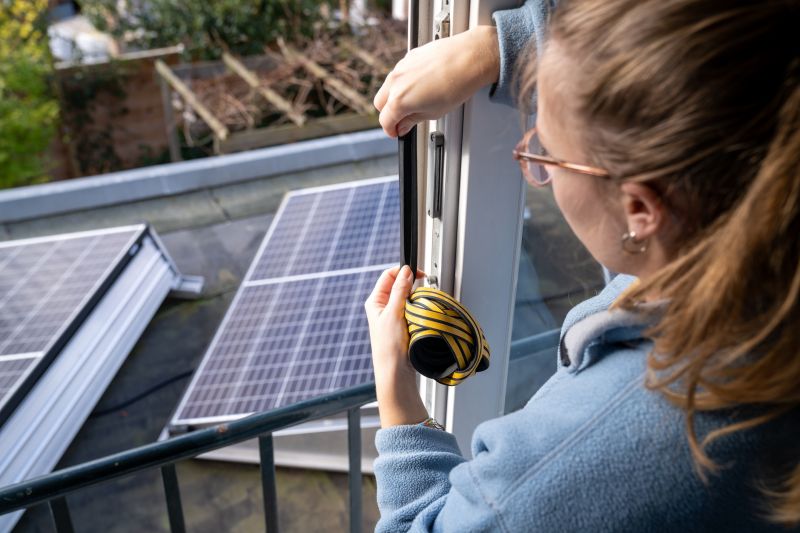
Installing windows during mild weather reduces risks associated with extreme cold or heat, leading to better sealant performance.
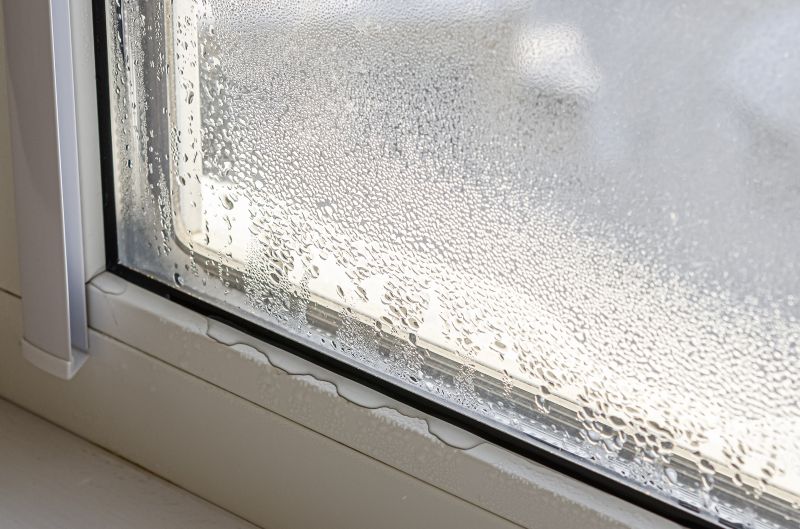
Dry and stable weather conditions help prevent moisture issues and ensure proper adhesion and insulation.
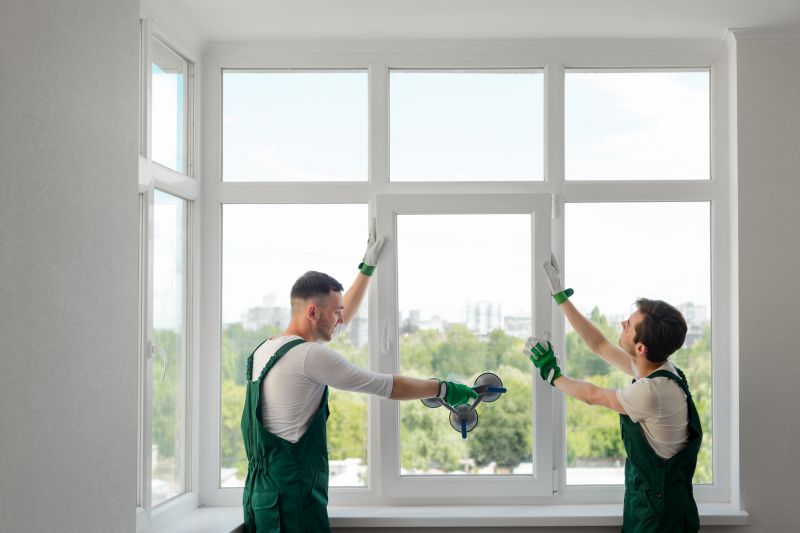
Scheduling during off-peak seasons can reduce delays and allow for more flexible project timelines.
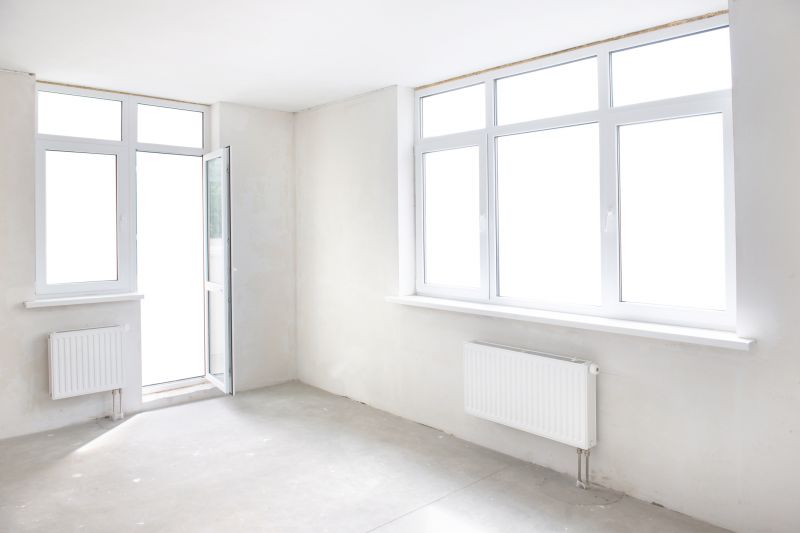
Ways to make Windows Installations work in tight or awkward layouts.
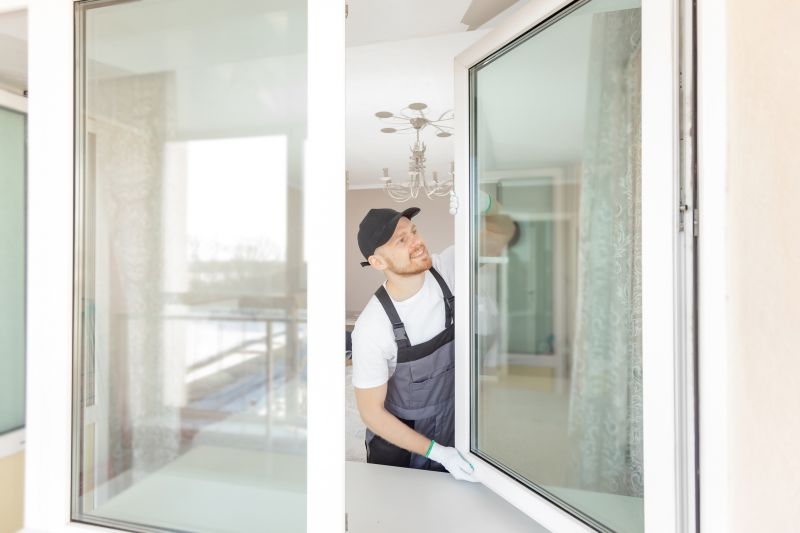
Popular materials for Windows Installations and why they hold up over time.
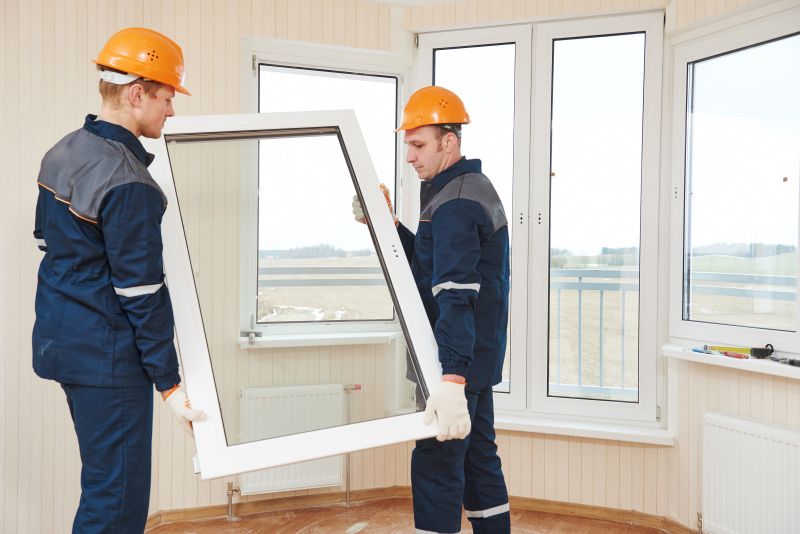
Simple add-ons that improve Windows Installations without blowing the budget.
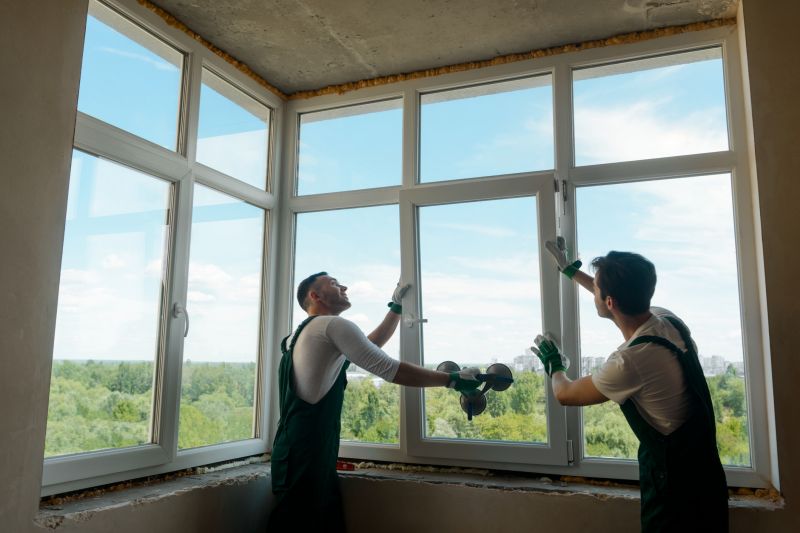
High-end options that actually feel worth it for Windows Installations.
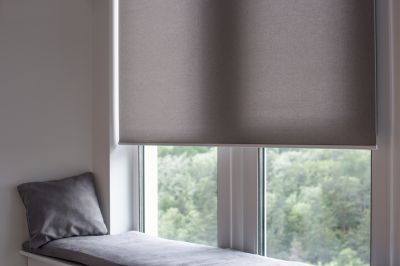
Finishes and colors that play nicely with Windows Installations.
Spring and early fall are generally ideal for window installation due to moderate temperatures and lower humidity.
Monitoring weather forecasts helps in planning installations during periods with minimal rain and temperature fluctuations.
Extreme cold can cause sealant failure, while excessive heat may affect the materials used in installation.
Choosing less busy periods can lead to faster scheduling and more attention to detail from installation teams.
Windows installations are a critical component of building performance, affecting energy efficiency, security, and aesthetics. Proper timing ensures optimal results, reducing potential issues such as air leaks, moisture intrusion, and sealant failure. According to industry data, installations performed during optimal weather conditions tend to have higher durability and customer satisfaction.
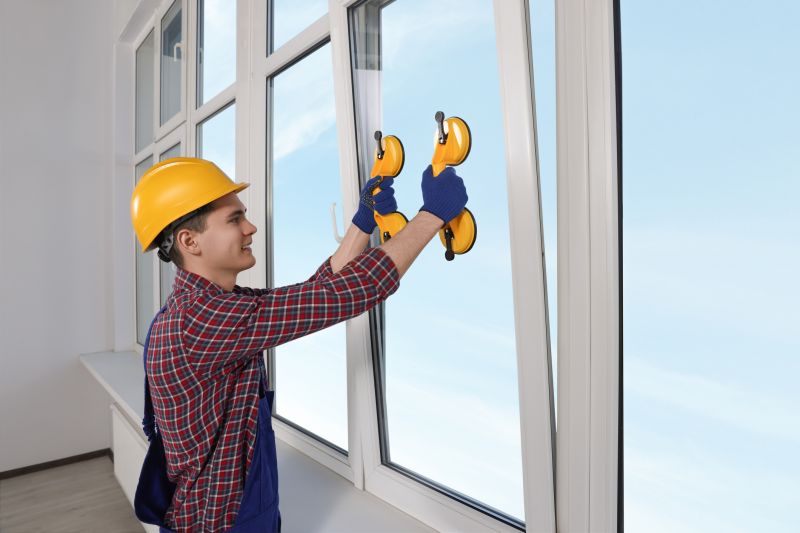
Spring offers moderate temperatures and lower humidity, ideal for precise window fitting.
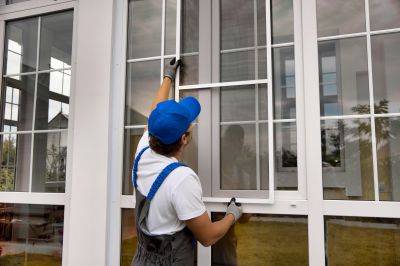
Early fall provides stable weather with less rain, making it suitable for outdoor work.
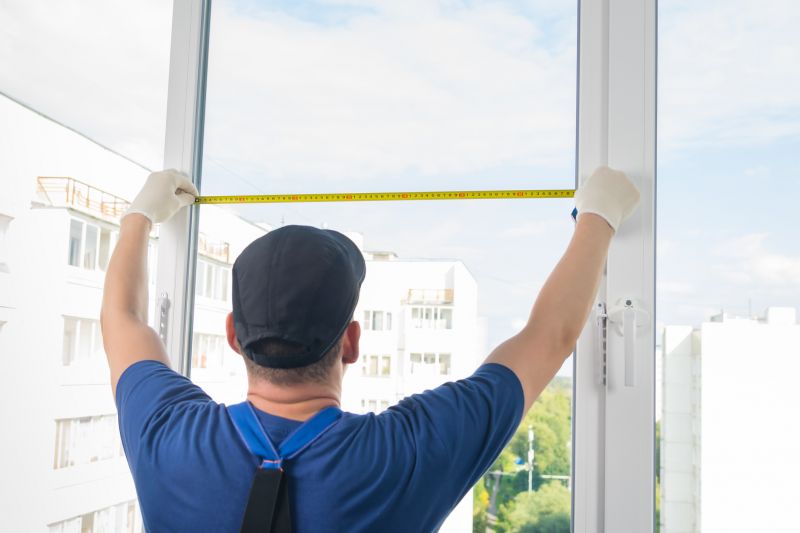
Using weather forecasts helps in scheduling installations during favorable conditions.
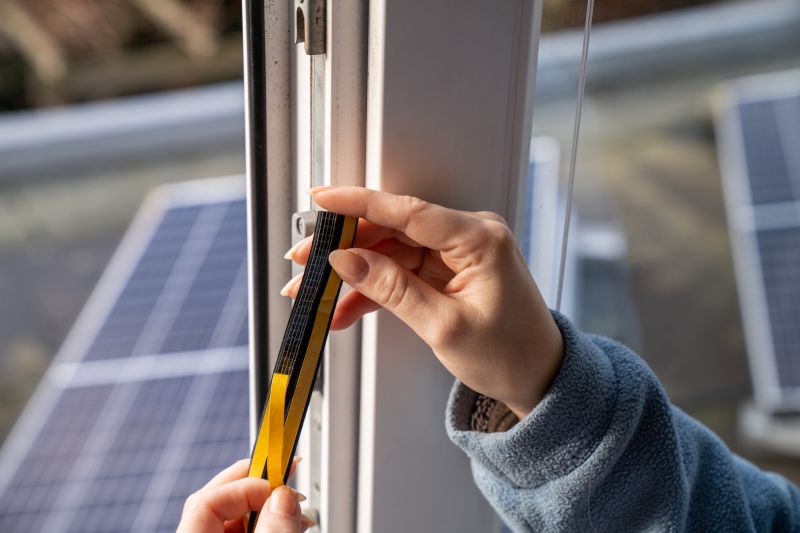
Ensuring proper insulation and sealing before winter prevents energy loss and damage.
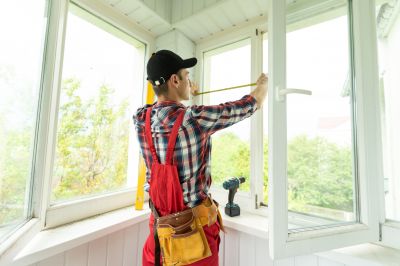
Little measurements that prevent headaches on Windows Installations day.
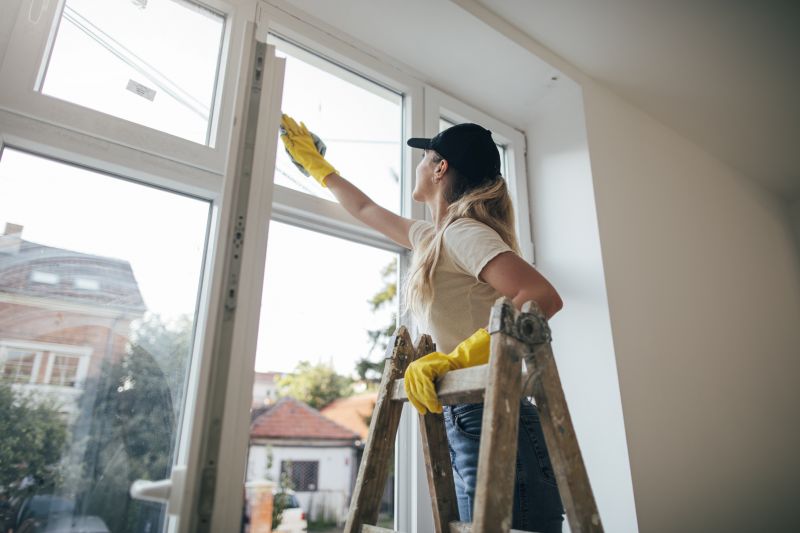
A 60-second routine that keeps Windows Installations looking new.
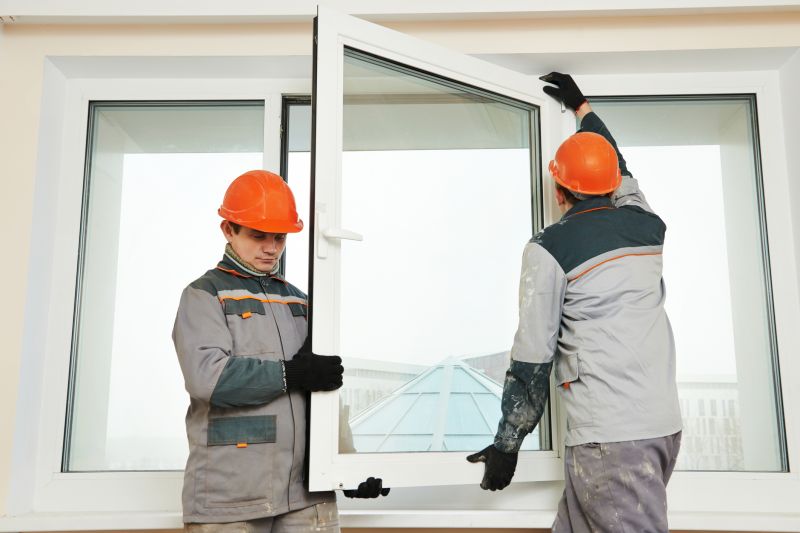
A frequent mistake in Windows Installations and how to dodge it.
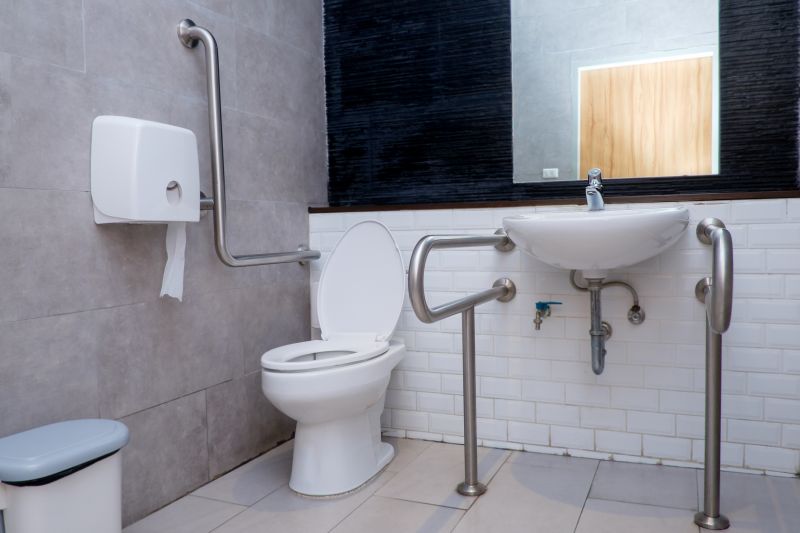
Small tweaks to make Windows Installations safer and easier to use.
| Season | Ideal Conditions |
|---|---|
| Spring | Moderate temperatures, low humidity, minimal rain |
| Summer | High temperatures, dry weather, but avoid peak heat |
| Fall | Stable weather, lower humidity, less rain |
| Winter | Cold temperatures, potential for snow and ice, less ideal |
Choosing the right time for window installation can enhance the longevity and performance of the windows. Proper timing minimizes risks associated with weather-related issues and ensures the installation meets quality standards. Planning ahead and considering local climate patterns are key to achieving optimal results.
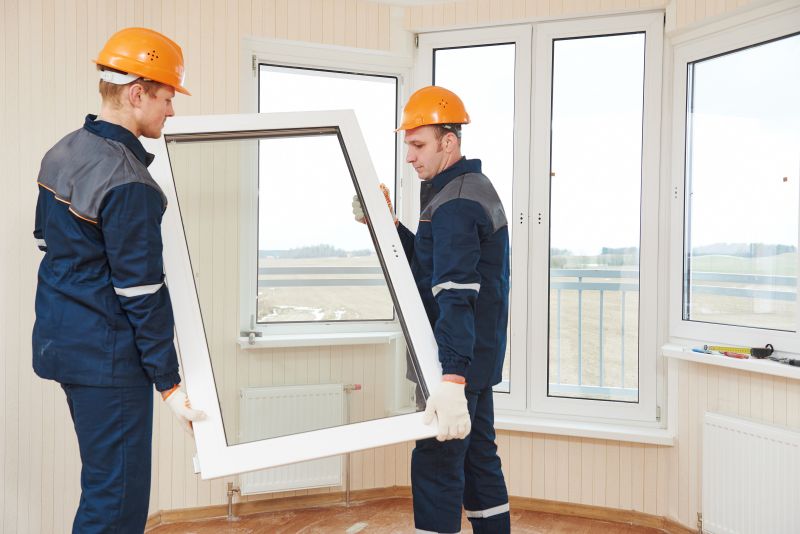
Properly timed installations ensure efficient and durable results.
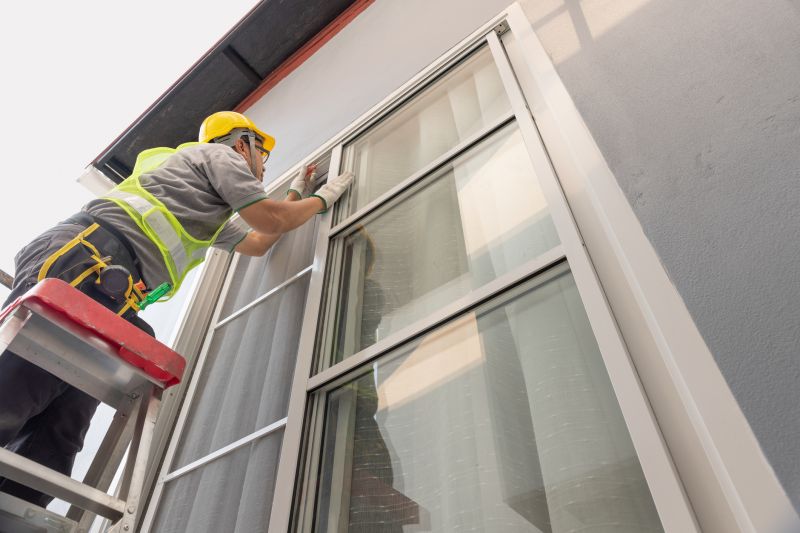
Preparing the site during favorable weather reduces delays.
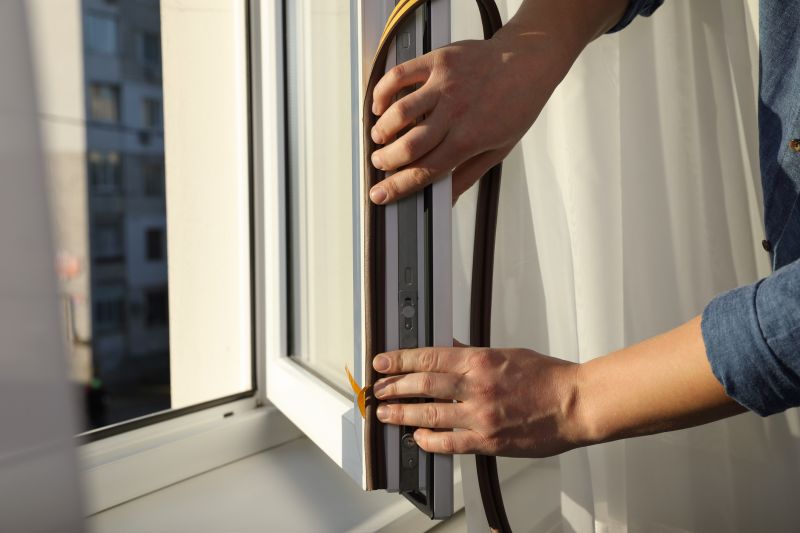
Optimal conditions help achieve better sealing and insulation.
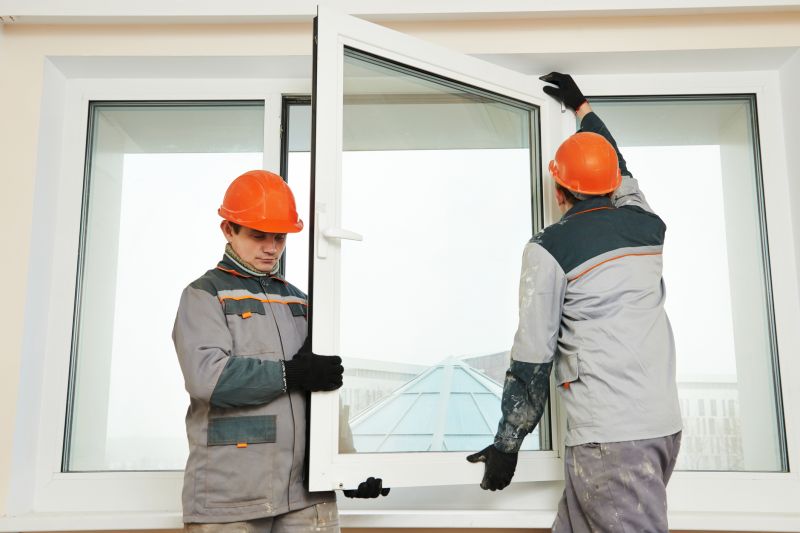
Proper timing contributes to long-term performance.
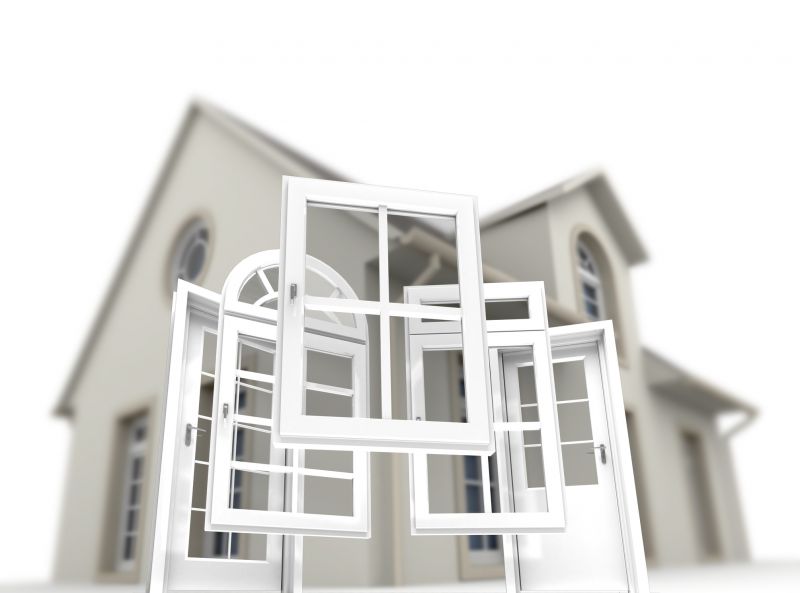
Lower-waste or water-saving choices for Windows Installations.
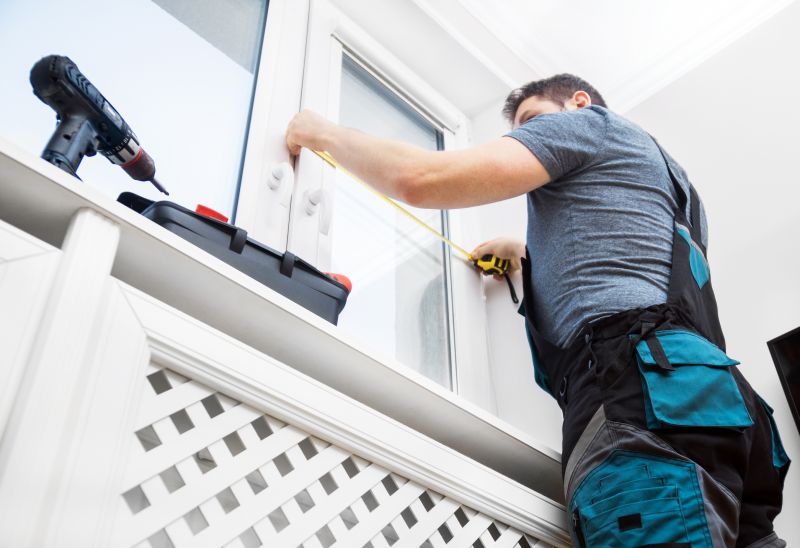
The short, realistic tool list for quality Windows Installations.
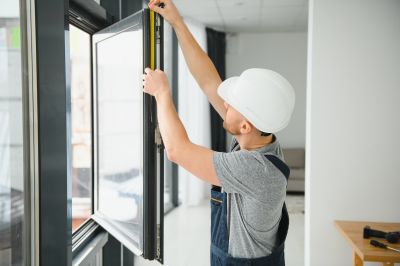
Rough timing from prep to clean-up for Windows Installations.
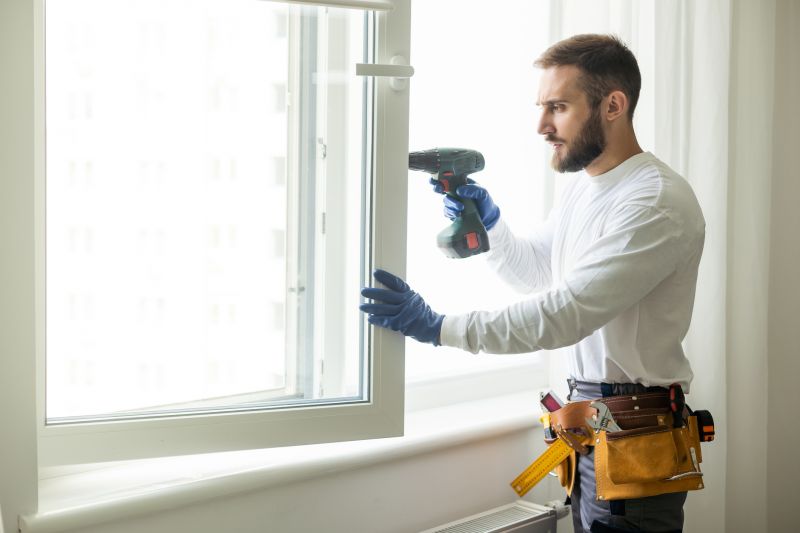
Quick checks and paperwork to keep after Windows Installations.
Interested in scheduling a window installation? Filling out the contact form provides an opportunity to discuss timing options suitable for specific project needs and local climate conditions. Proper planning ensures that installations are completed efficiently and effectively, delivering lasting results.




